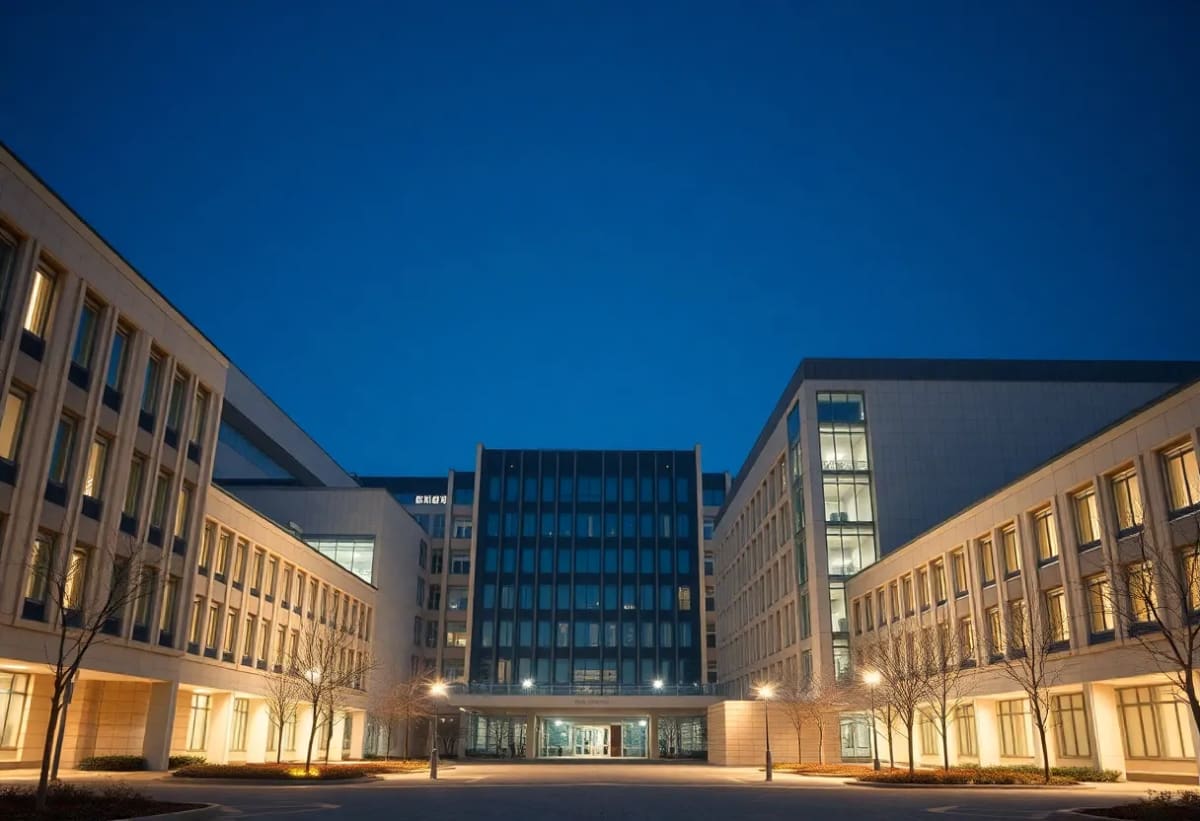
Moving Beyond Energy Efficiency, Designing a Sustainable Future: KDC Success Story
The day remains vivid. Energy management officer Kim Min-jun at Seoul National University’s Suwon Campus was grappling with the significant challenge of improving building energy efficiency. Outdated equipment and complex building structures were major culprits of energy wastage, and the existing systems struggled to accurately assess energy usage. The campus lacked an energy management system, leading to astronomical management costs and failing to meet ESG management demands. Kim was keen on introducing an innovative solution. His aim was not just to cut costs but to create a sustainable campus environment and make responsible decisions for future generations. It was in this context that Kim encountered KDC.
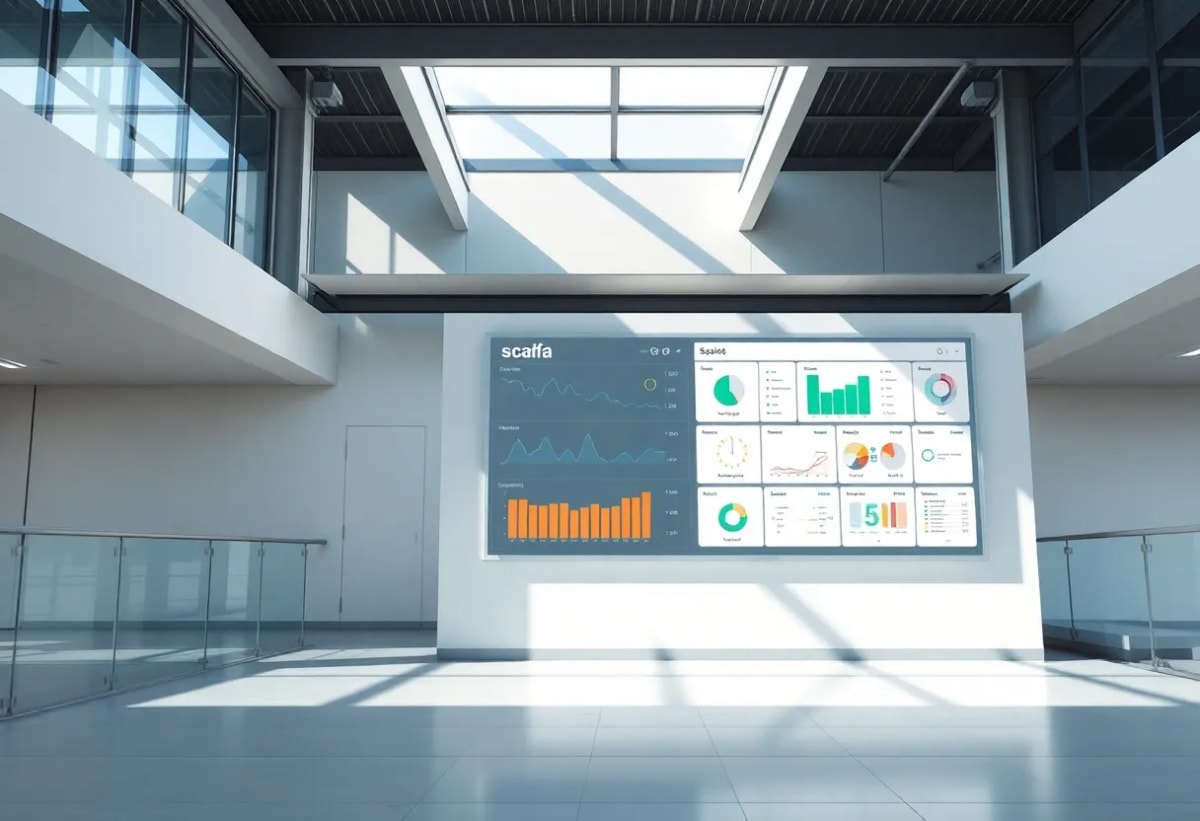
Seoul National University Suwon Campus, Energy Efficiency and Sustainable Campus Building with KDC’s BAS/BEMS Solution
Seoul National University’s Suwon Campus features a complex structure with multiple buildings, each displaying different energy usage patterns, making efficient energy management challenging. The existing system struggled to accurately track energy usage by building and facility, obscuring the causes of energy waste. Additionally, outdated HVAC and lighting systems further reduced energy efficiency. In response to these issues, the campus actively explored the introduction of an energy management system. Particularly, with the government’s Green Building Support Act mandating BEMS installation, implementing a system that enhances energy efficiency and environmental protection became urgent. The goals were not only energy cost reduction but also to improve campus-wide sustainability. KDC accurately assessed the Suwon Campus’s situation and conducted thorough analysis and consulting to provide a tailored solution.
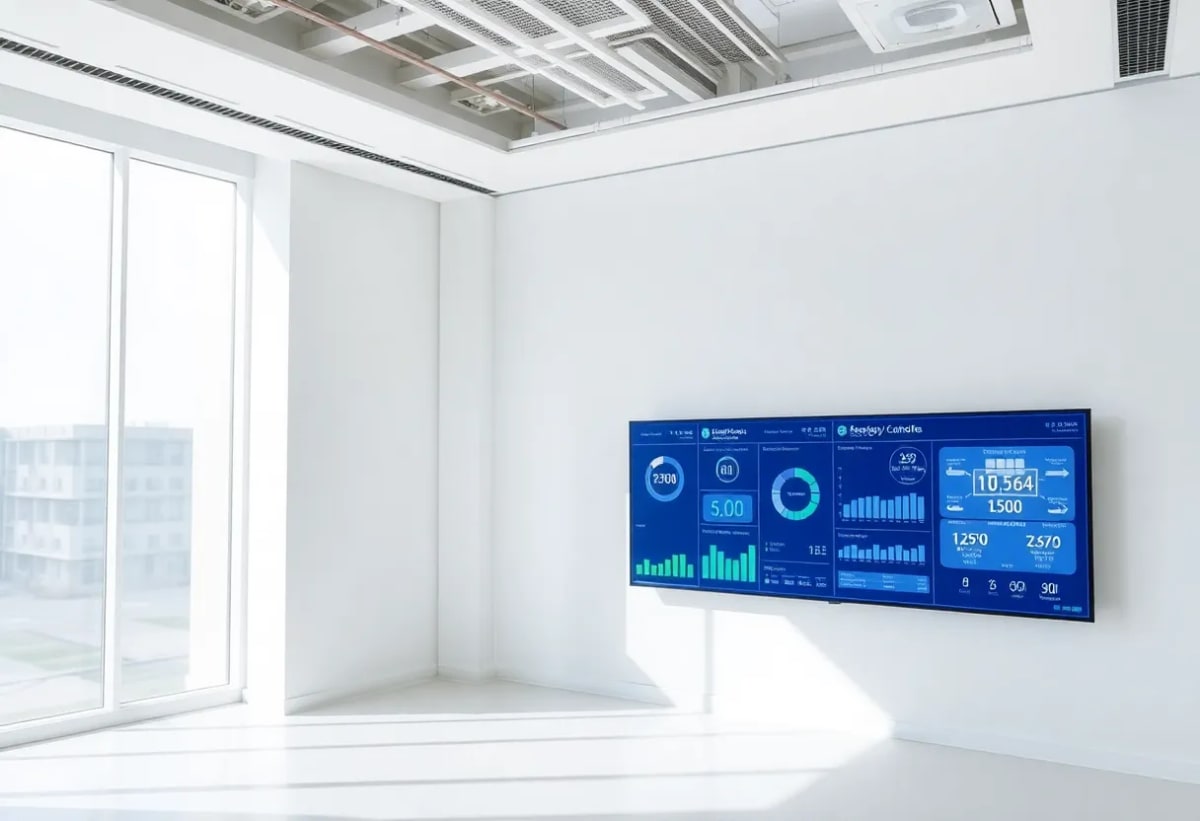
KDC proposed an integrated BAS (Building Automation System) and BEMS (Building Energy Management System) solution for the campus’s energy efficiency improvement. BAS integrates main equipment like boilers, air conditioning, lighting, and power within the campus to optimize energy efficiency. Notably, KDC’s BAS, featuring a scafa UI-based 2D/3D interface, allows users to intuitively monitor and control facility status. Equipped with controllers expandable to up to 160 tags, it offers the flexibility for integrated management of various campus facilities. Modbus (RTU/TCP) communication, scheduling, and self-diagnostic features contributed to system operational efficiency. BEMS analyzes, predicts, and manages the building’s energy usage in real-time, supporting cost analysis. It monitors various energy sources such as electricity, gas, heating, hot water, lighting, and air quality in real-time, and with efficiency analysis and management tools, it effectively supports ESG management. KDC’s BEMS, with energy usage data-based prediction functions, helps preemptively prevent energy waste and establish efficient energy use plans.
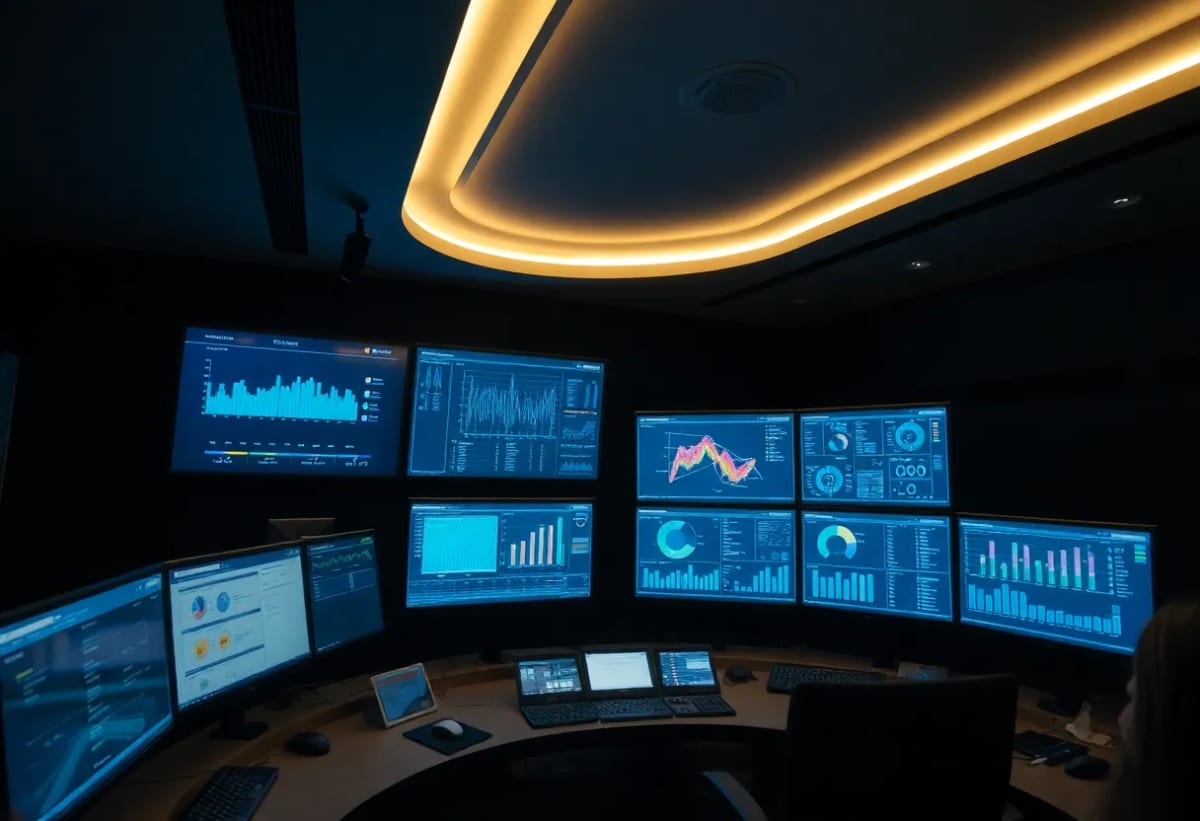
Post adoption of KDC’s BAS/BEMS solutions, Seoul National University’s Suwon Campus experienced remarkable changes. By real-time monitoring and analyzing energy usage, they accurately identified and remedied energy wastage factors. Through equipment upgrades and efficient operational scheduling, they maximized energy efficiency and optimized energy use planning using predictive functions. Consequently, the overall campus energy consumption significantly dropped, yielding meaningful operating results. Energy cost savings also positively impacted campus operations, leading to practical benefits like educational environment improvement. Additionally, by reducing campus greenhouse gas emissions, they enhanced their eco-friendly campus image and increased external trust in ESG management practices. After the solution’s introduction, officer Kim Min-jun shared his thoughts as follows.
“KDC’s BAS/BEMS solution contributed immensely beyond energy cost savings, elevating overall campus sustainability. ‘Since its introduction, energy management tasks have become truly convenient.’ With the ability to analyze and predict energy usage data in real-time, we can proactively address issues before they arise.”
KDC Leads a Sustainable Future Based on Technological Prowess and Trust
KDC has earned recognition for its technological capabilities by obtaining various certifications like the K-mark, Q-mark, certified procurement products, green technology certification, and international certifications including UL, GS, BTL AWS/BC, ISO tests in 16 categories. Furthermore, with Korean patents in 19 sectors and completed registrations in the US, China, and Japan, they have secured intellectual property rights, along with a small business technology evaluation T2 grade. Leveraging this technological prowess, KDC boasts over 600 delivery records in various facilities such as the Sejong Cultural Center, the National Theater, Hanam Cultural and Arts Center, Seoul National University’s Suwon Campus, Chungbuk Dormitory, Busan Veterans Hospital, and the National Science Museum in Gwangju. Particularly focused on public institutions, it excels in technical reliability and delivery experience. Offering distinctive technology, such as motor control optimization, high efficiency in partial load areas, integrated BAS/BEMS operations, and highly scalable designs, KDC provides optimal solutions to its clients.
KDC is pursuing growth directions such as expanding intelligent control systems based on the Fourth Industrial Revolution, entering foreign public procurement markets based on the domestic procurement market, securing possibilities for Southeast Asia and Middle East market entry based on K-certified products, and strengthening research and development of AI and data-based energy prediction/control systems. Particularly, with BEMS becoming mandatory in Korea, Japan, the European Union, Singapore, and the United Arab Emirates (Dubai), along with countries like China, Australia, Canada, India, Malaysia, and Thailand where BEMS might become obligatory, KDC is actively pursuing overseas market entry. As part of these efforts, KDC is enhancing research and development for AI and data-based energy prediction/control systems. Utilizing AI technology to more accurately predict building energy use patterns and establishing optimal control strategies aims to enhance energy efficiency. Additionally, by continually improving the user interface (UI) of energy management systems, it plans to increase user convenience and enhance compatibility across various devices, thereby improving customer satisfaction.
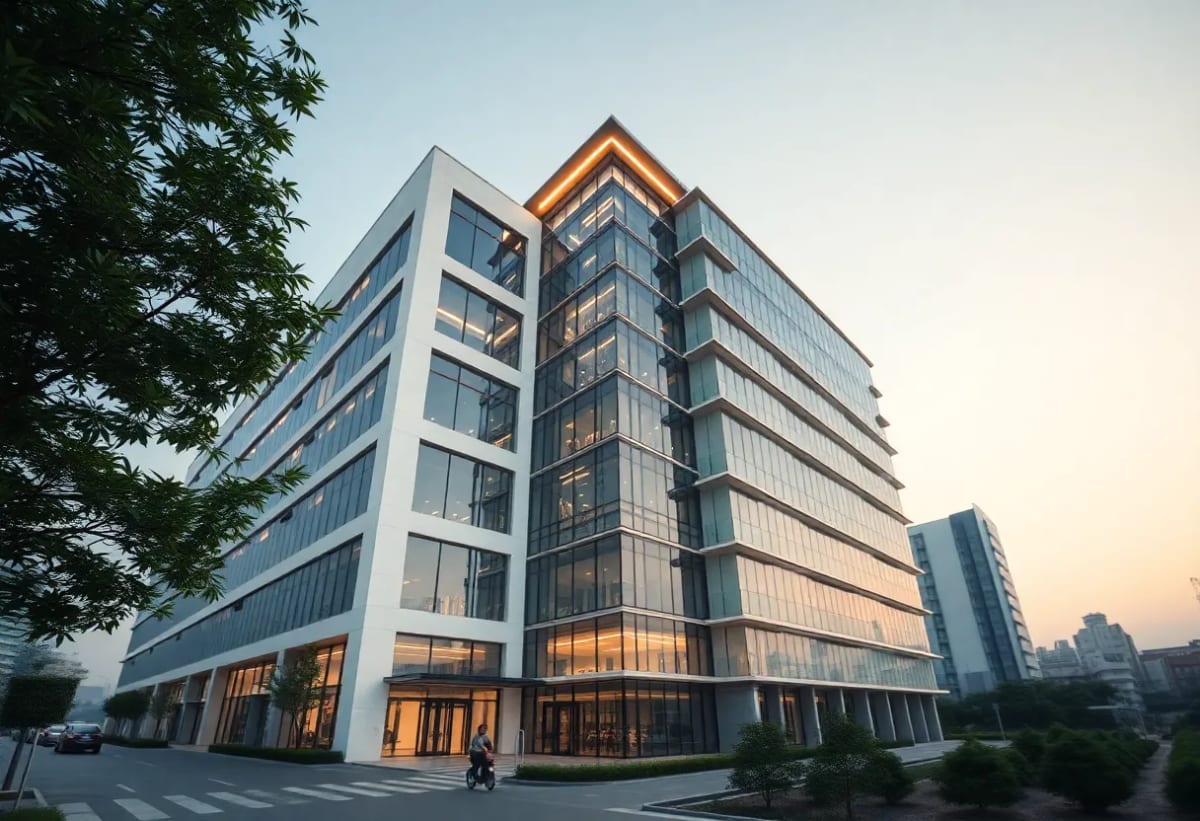
The Era of Mandatory BEMS and the Future Proposed by KDC
BEMS mandates are a global trend, and KDC is leading the energy management system market in response. The case of Seoul National University’s Suwon Campus demonstrates the effectiveness of KDC’s technology and solutions in maximizing energy efficiency and creating a sustainable campus environment. KDC will continue to lead the energy management system market through ongoing technological innovation and customer-centric services, contributing to a sustainable future.
KDC’s BAS/BEMS solution plays a pivotal role beyond mere energy management systems, enhancing building value and creating a sustainable future. Through energy savings and practical benefits like ESG management realization, creating a comfortable indoor environment, and improving facility operational efficiency, it offers substantial value to clients. KDC intends to continually provide tailored solutions to meet diverse client demands, further strengthening its foothold in the energy management system market.
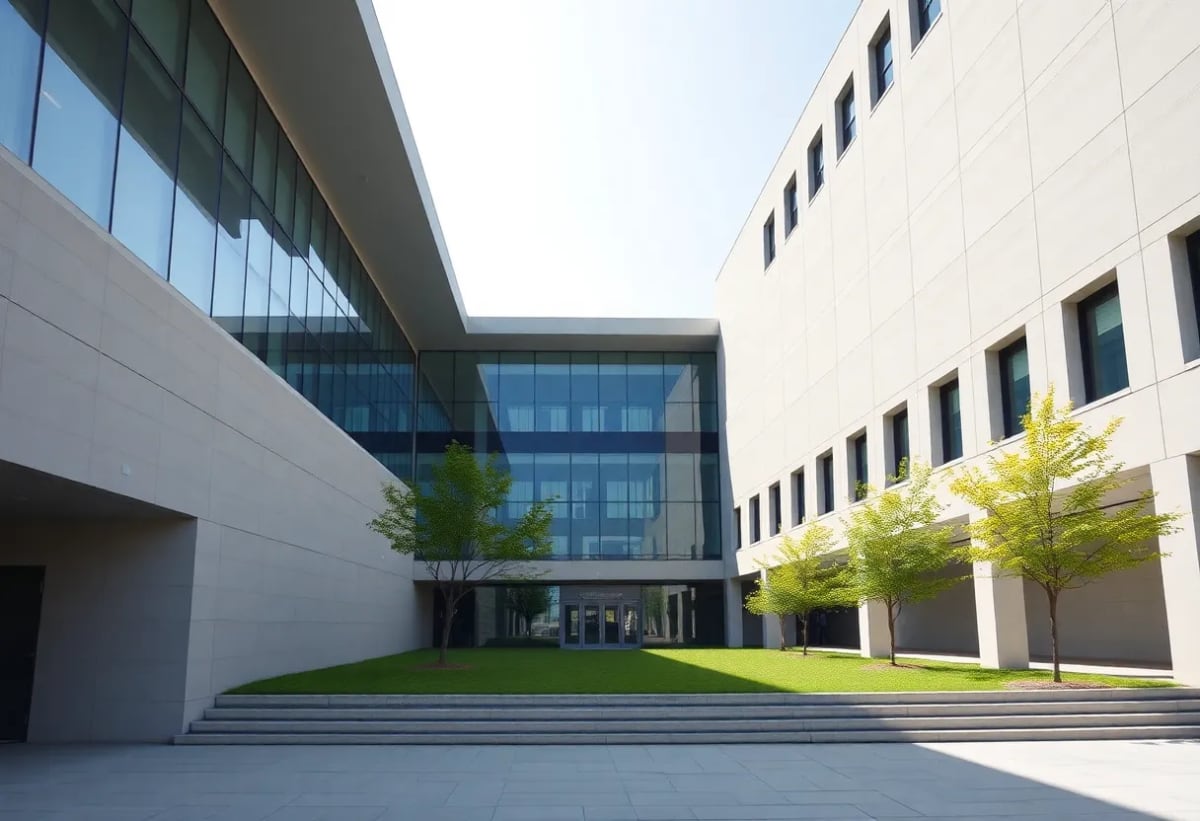
The case of Seoul National University’s Suwon Campus exemplifies the innovative potential of energy management based on advanced Building Automation Systems.
KDC is balancing building efficiency and sustainability with user-centric integrated control technology.
